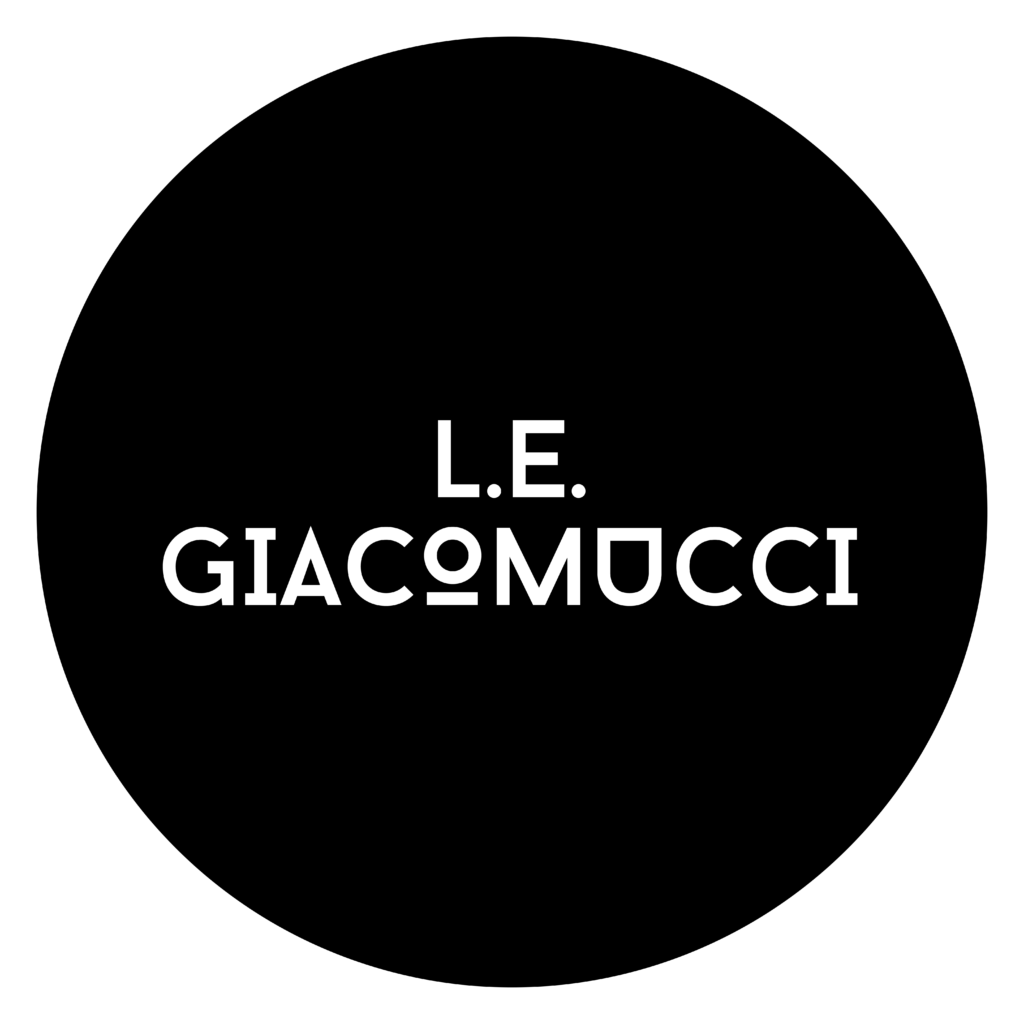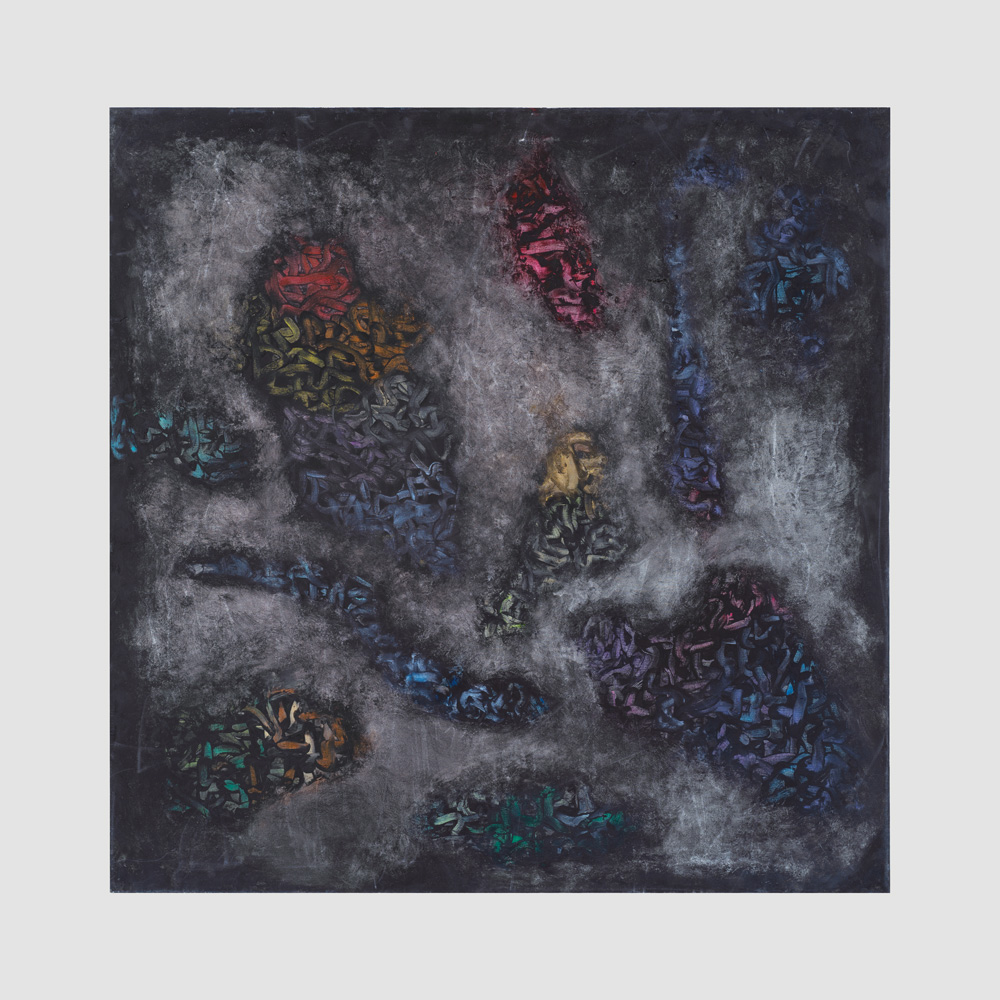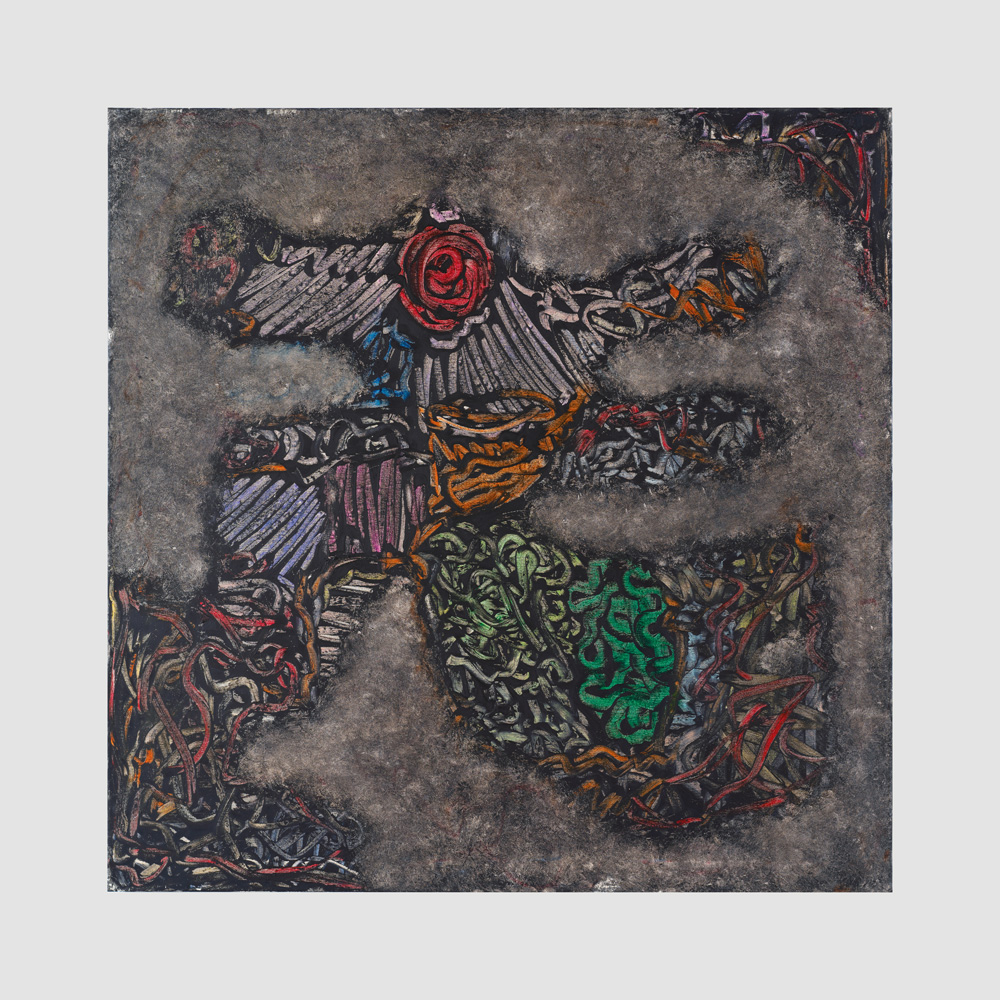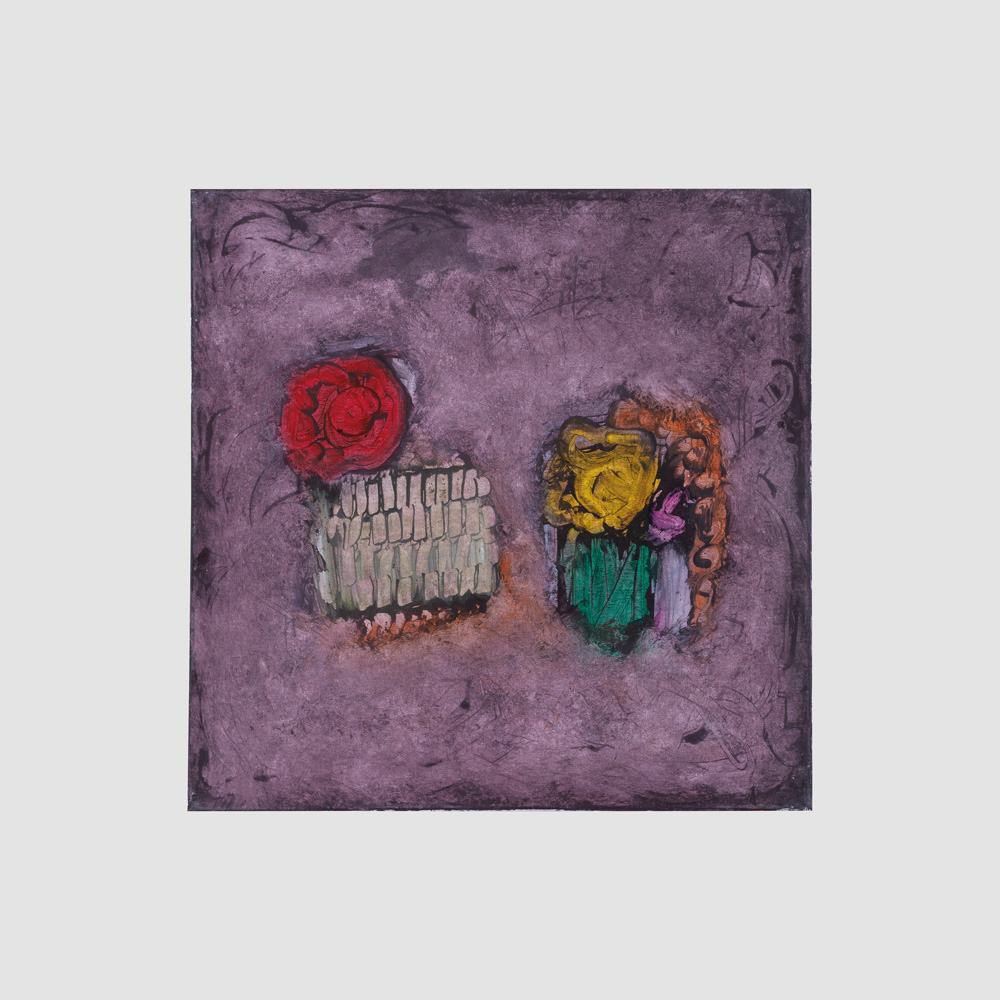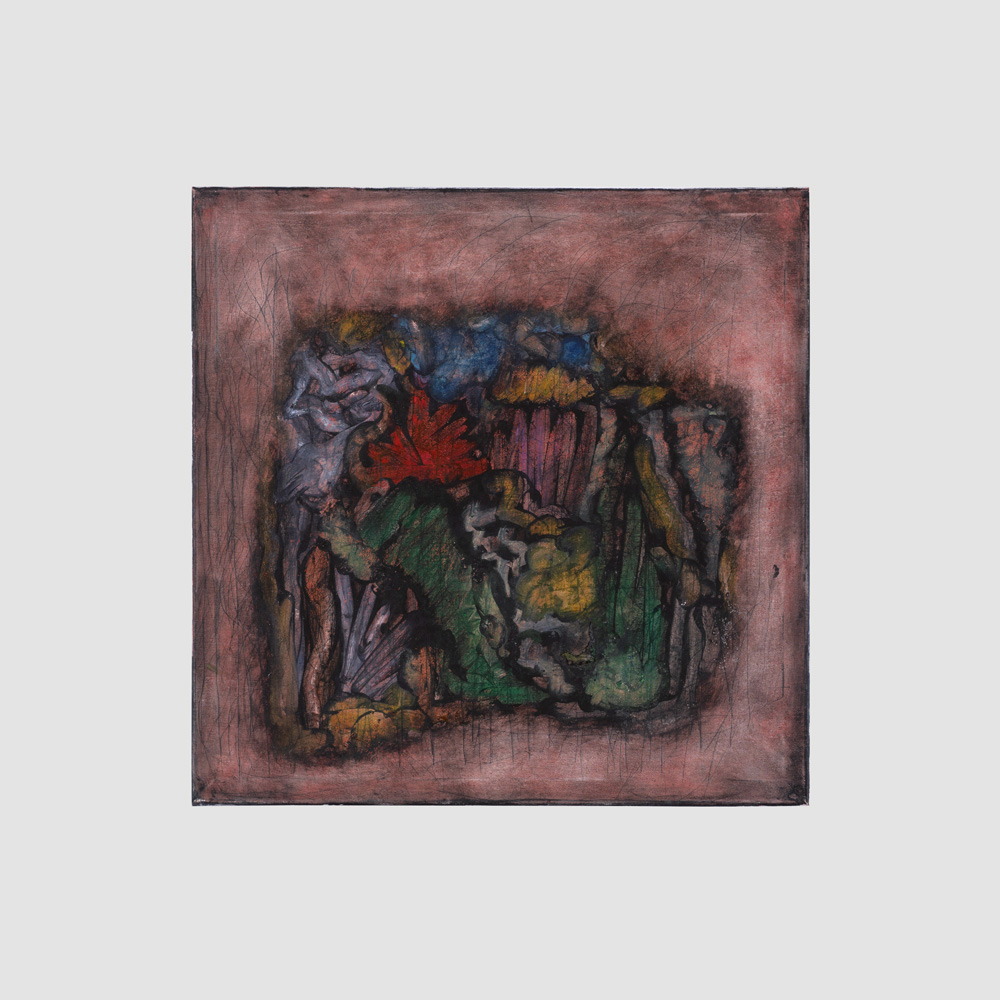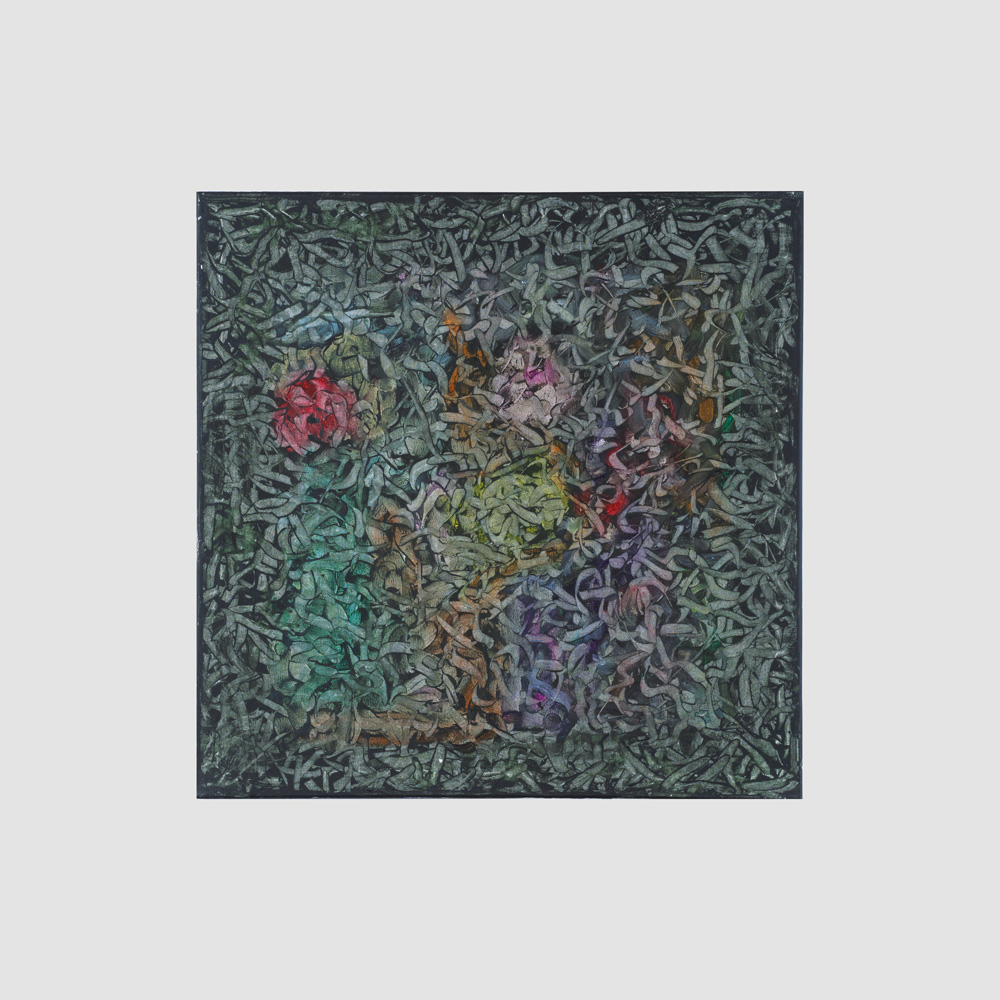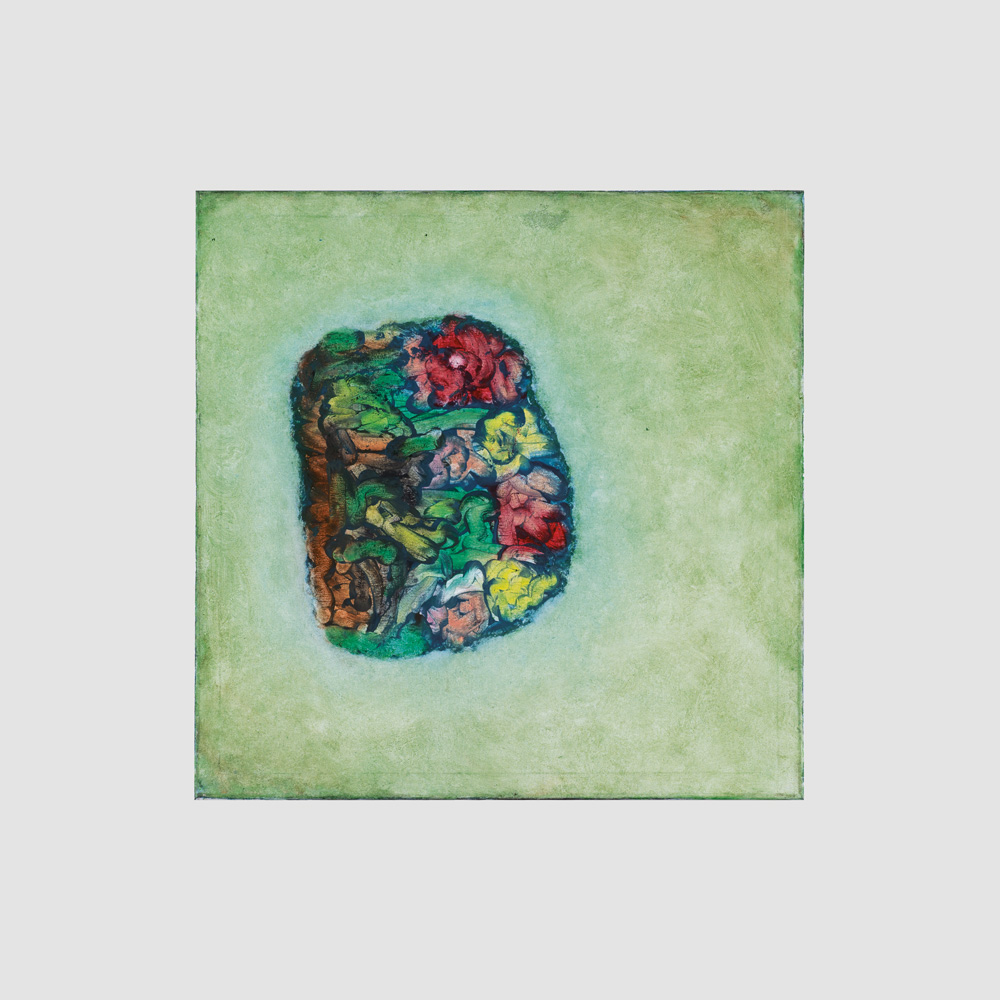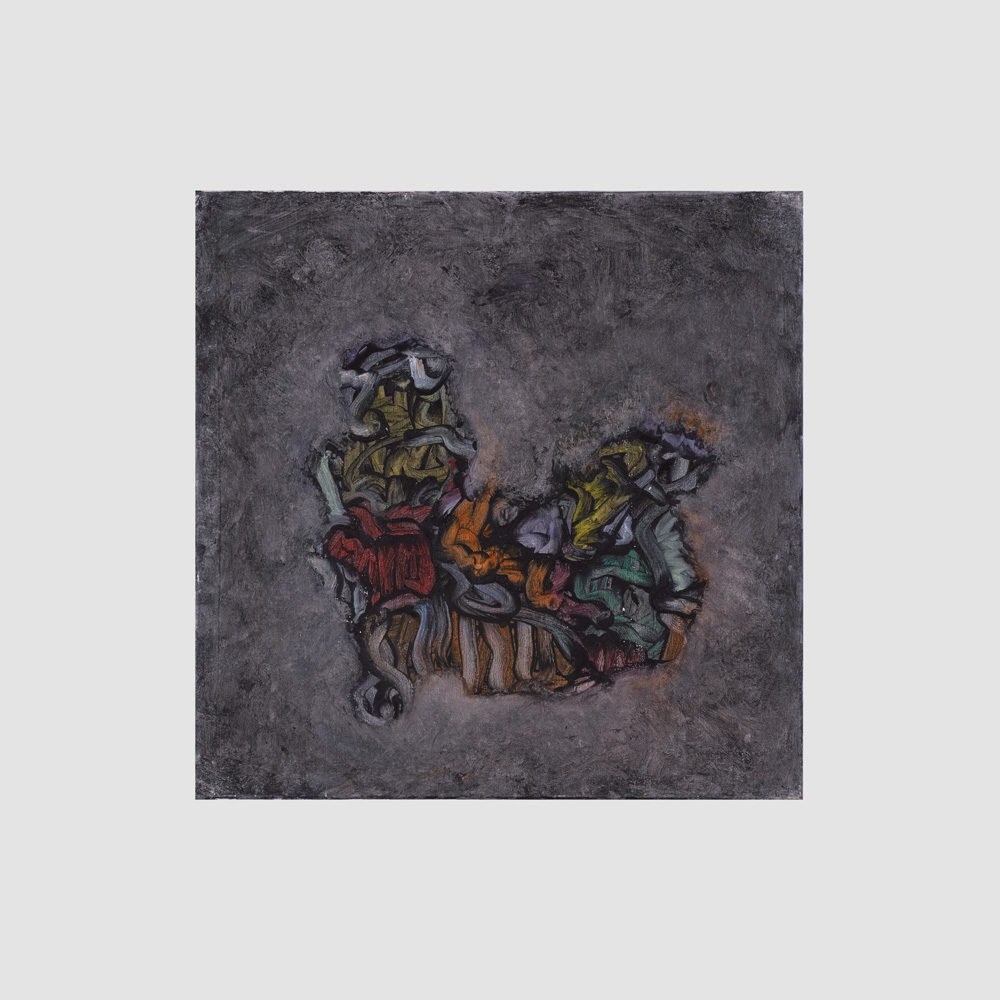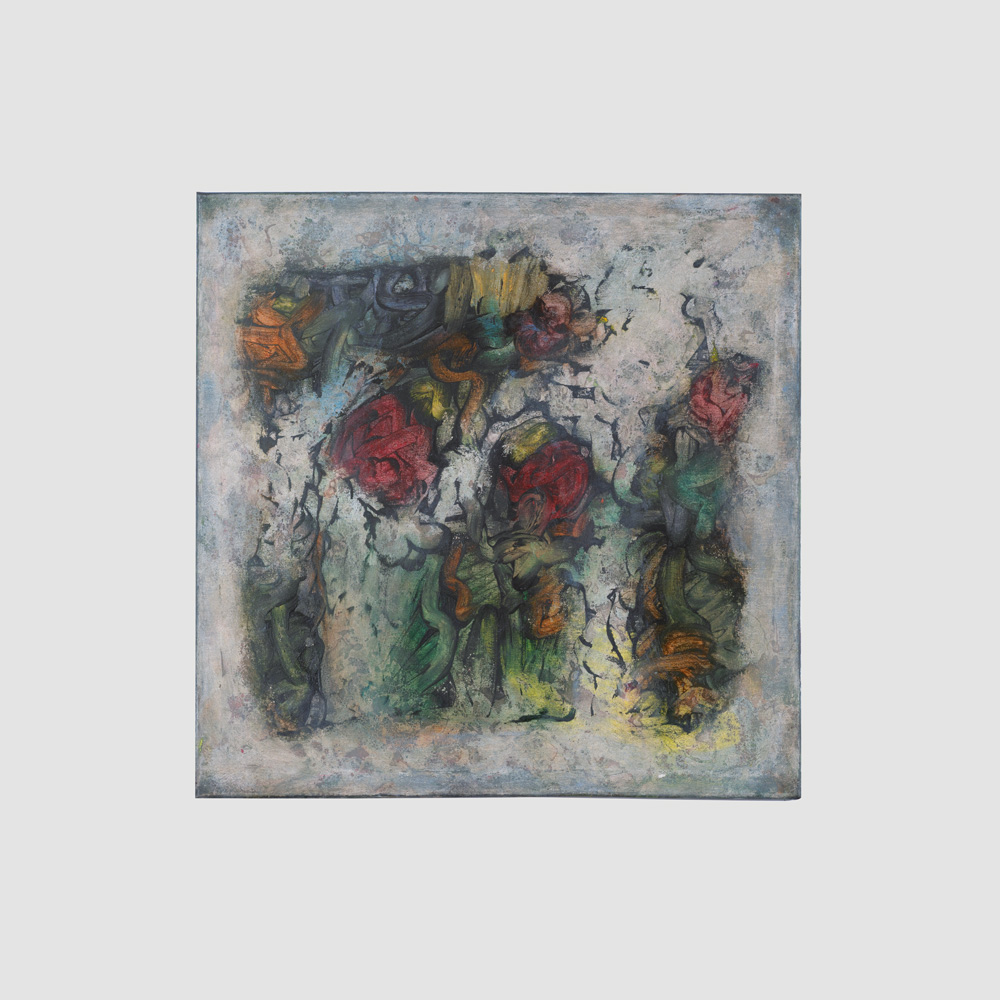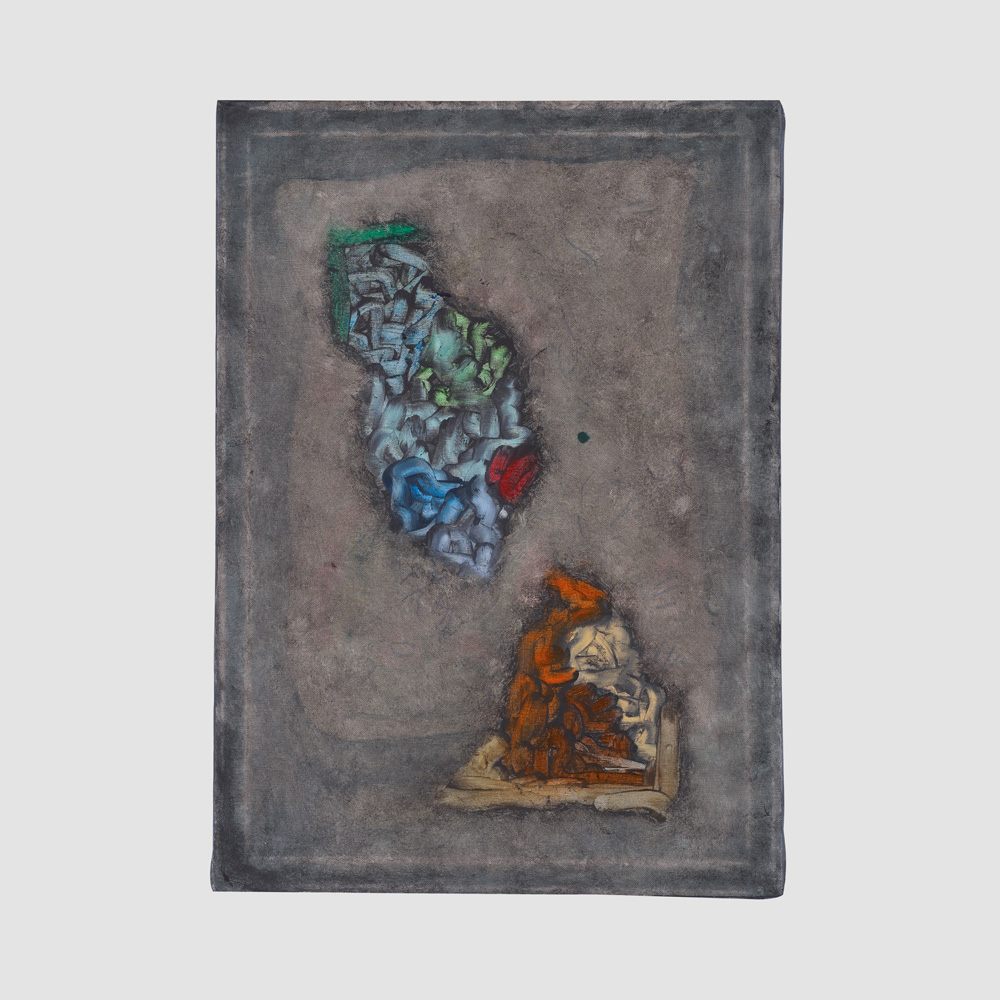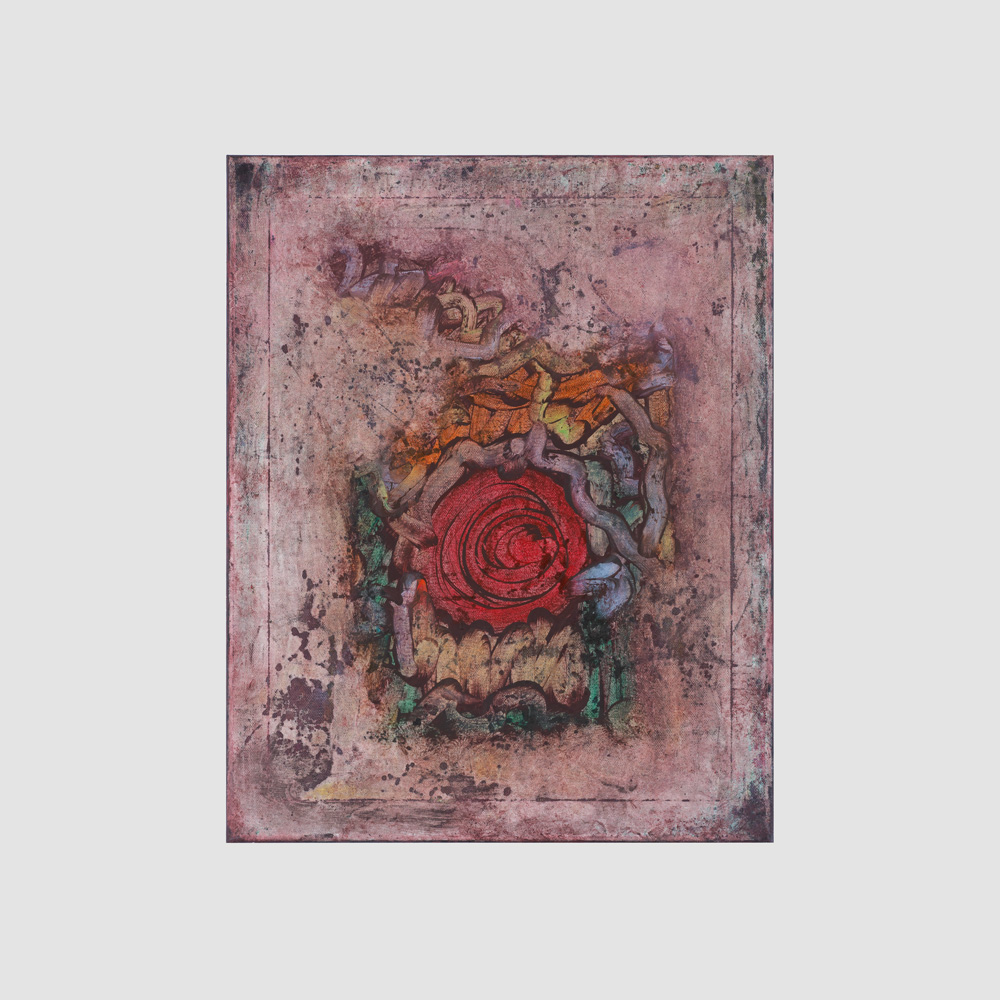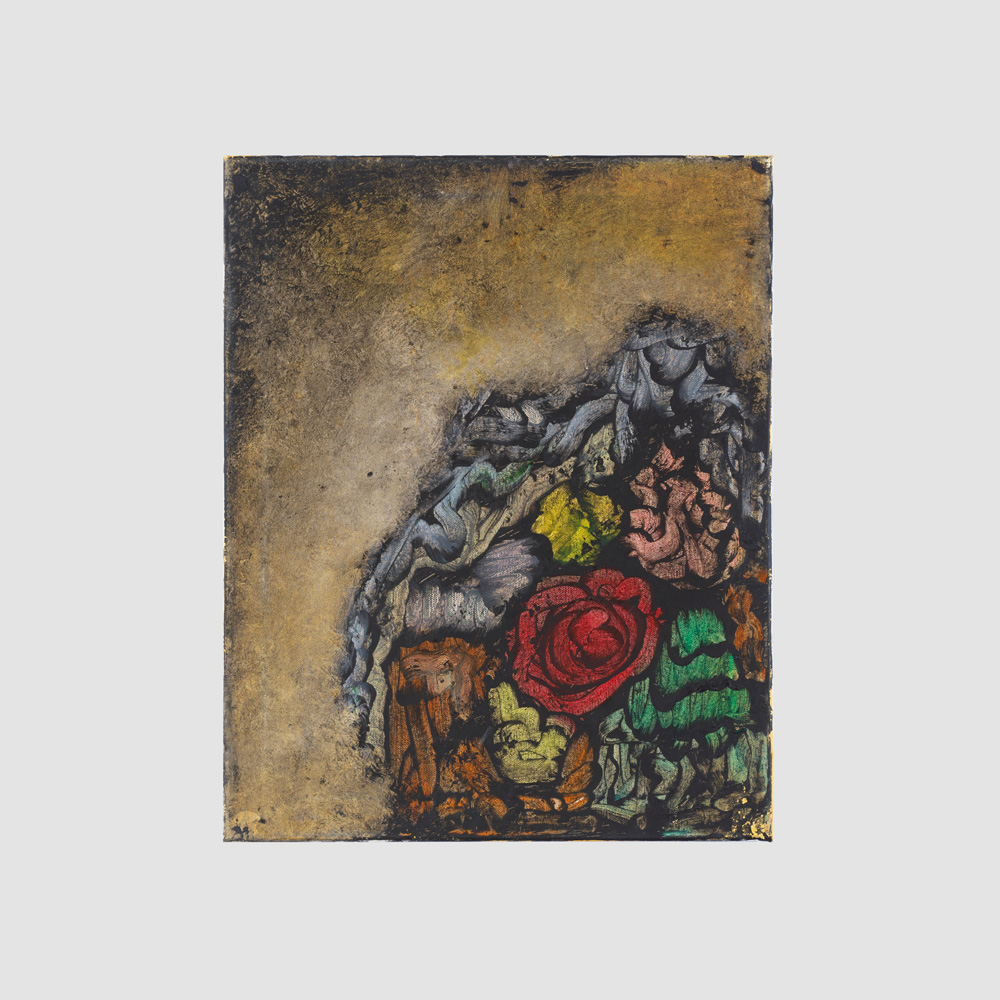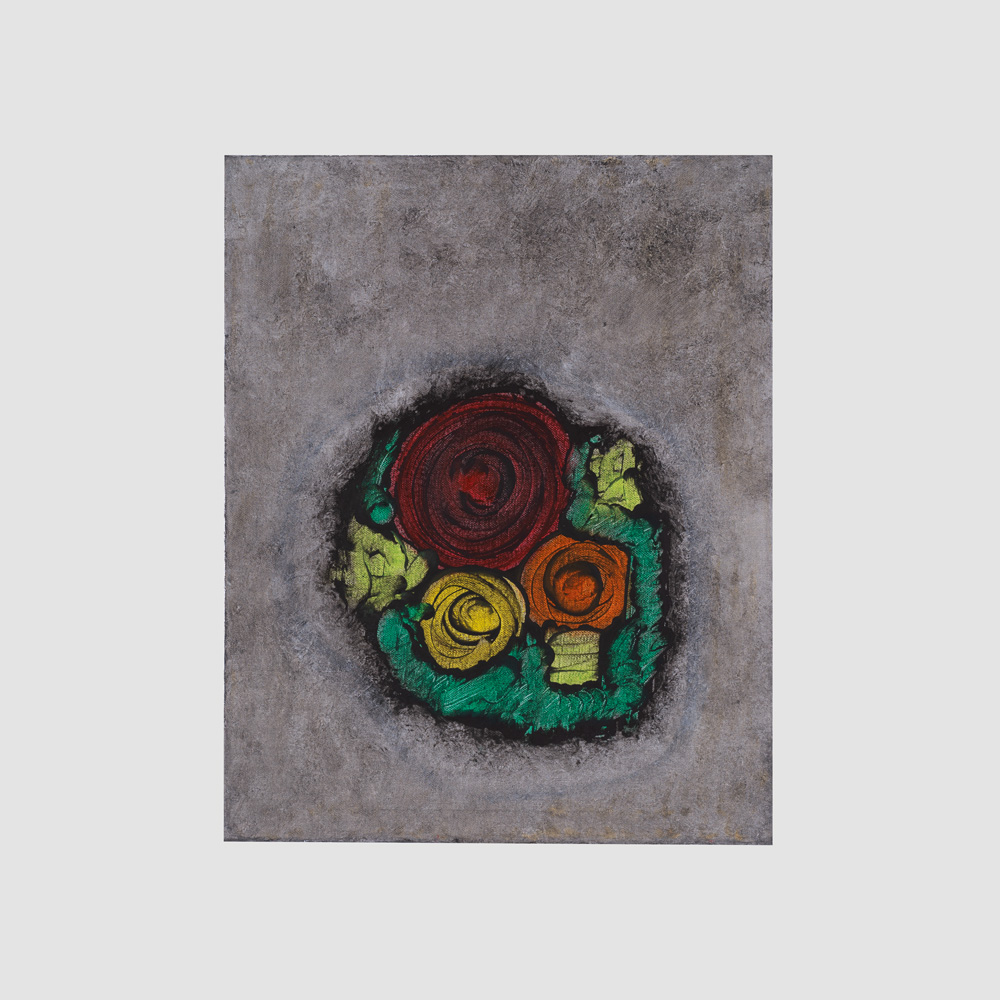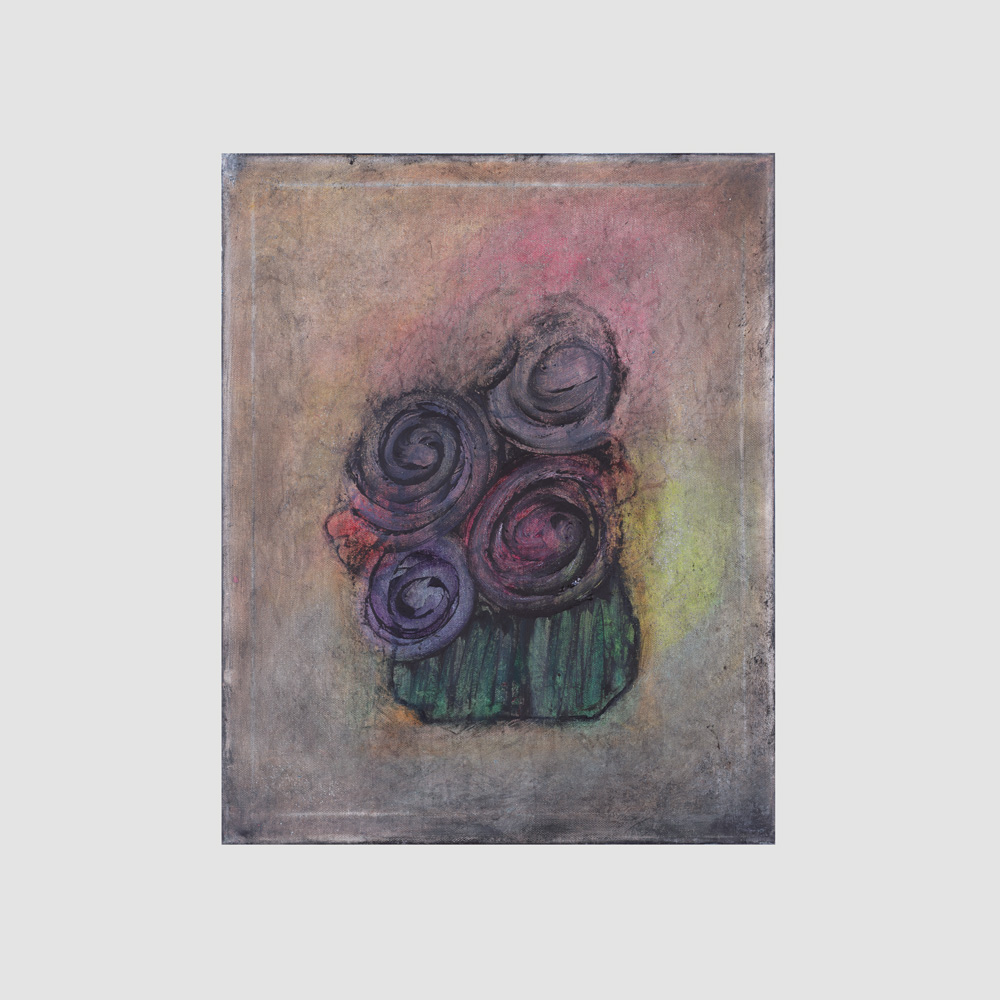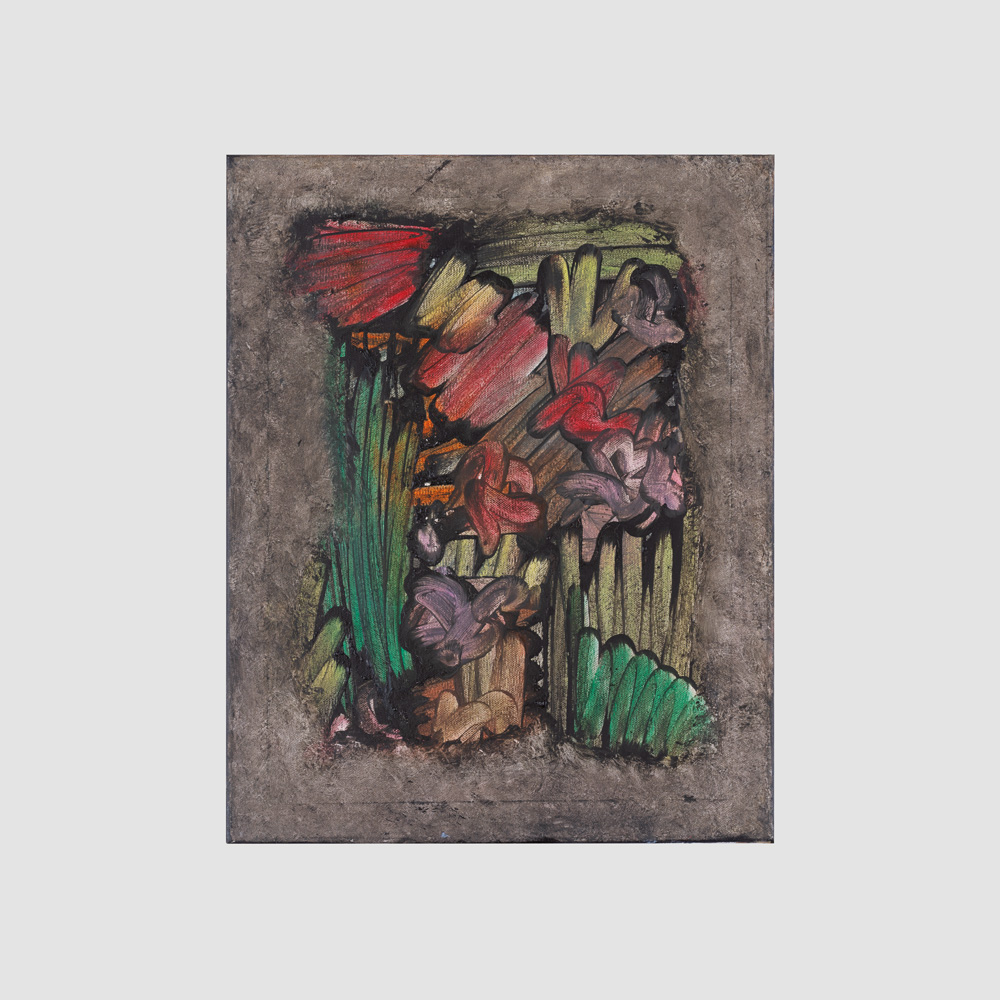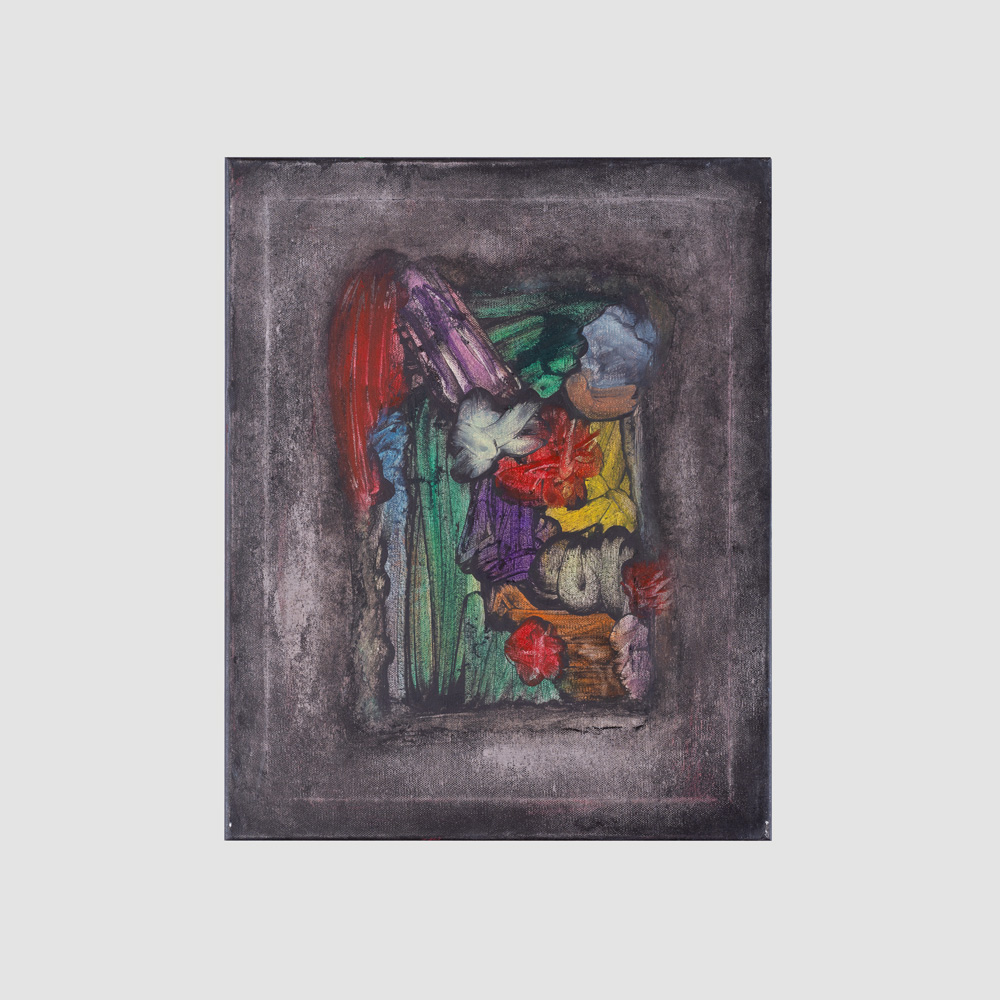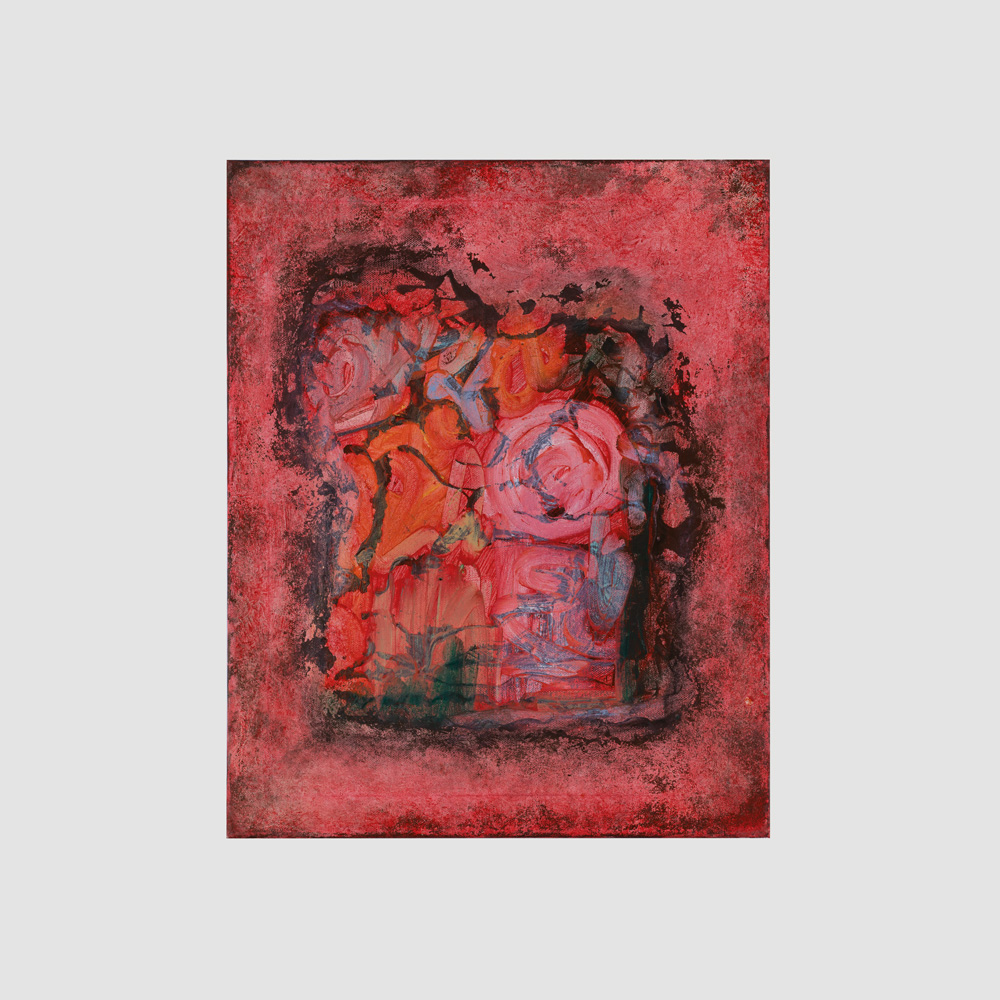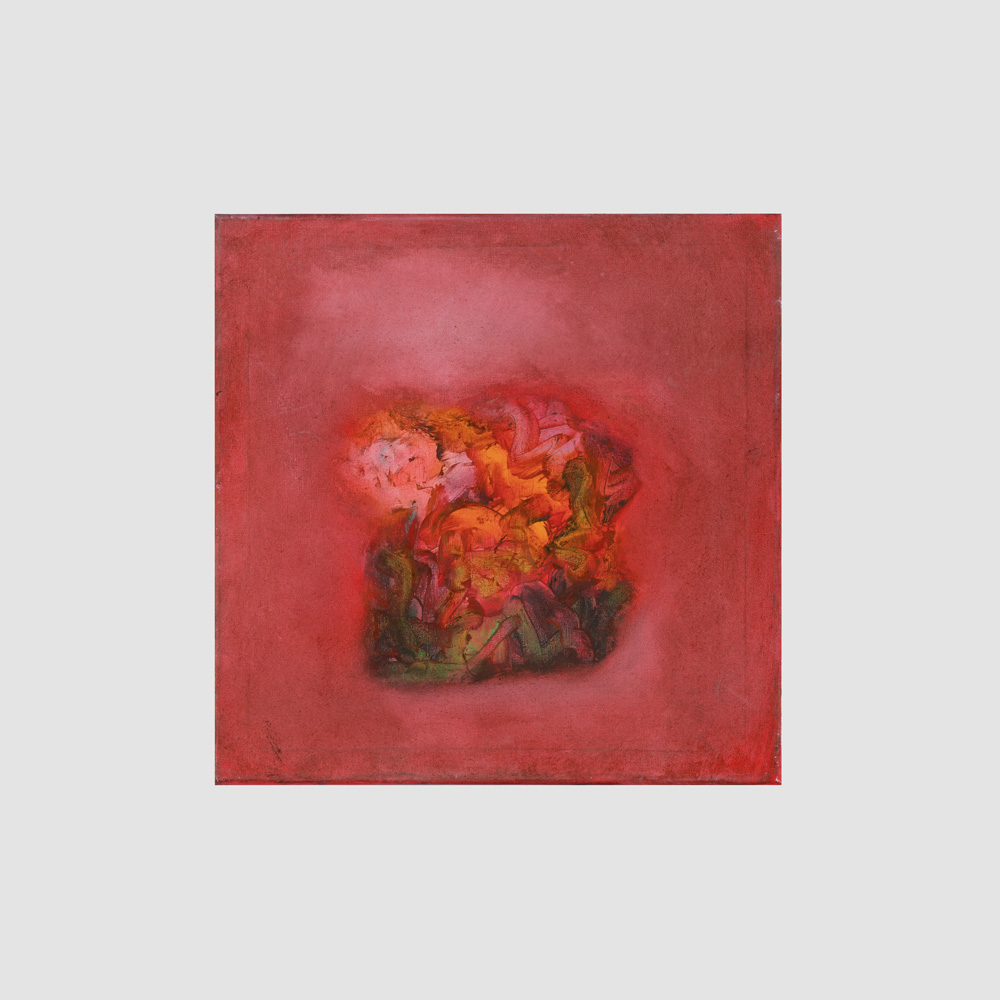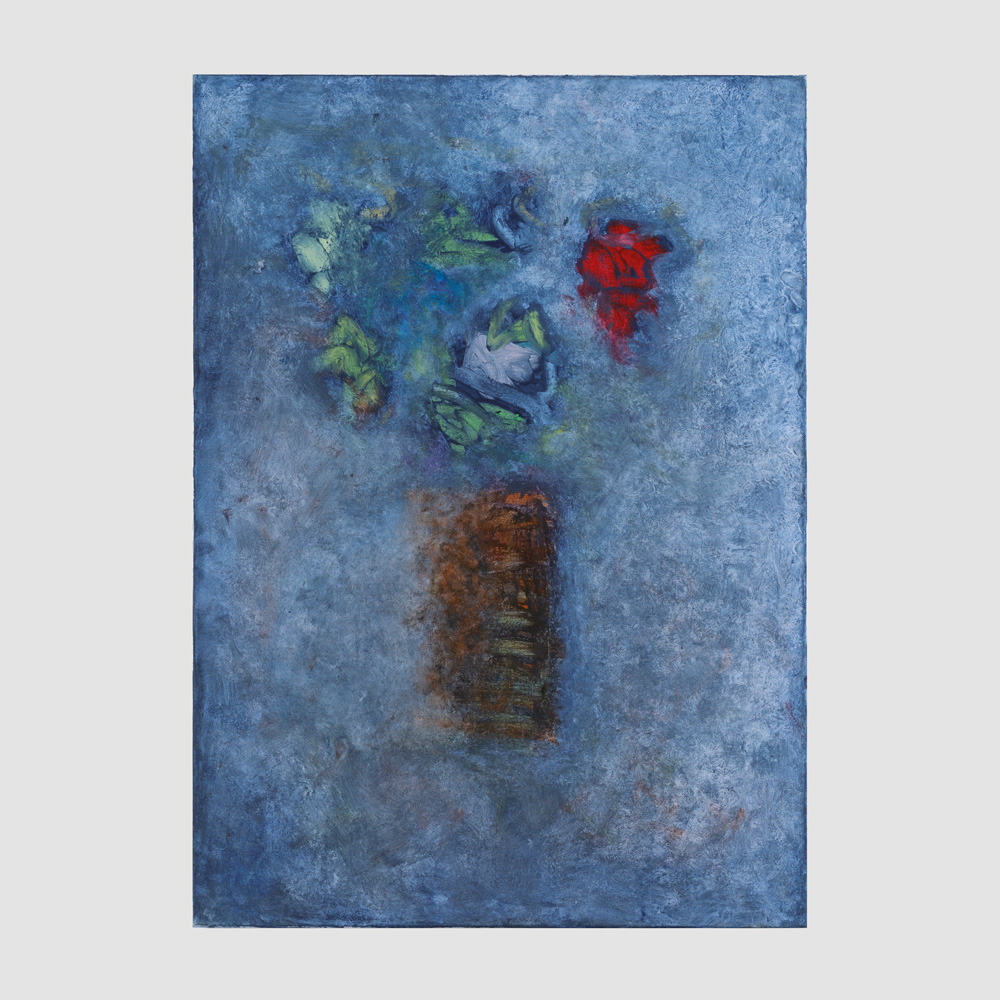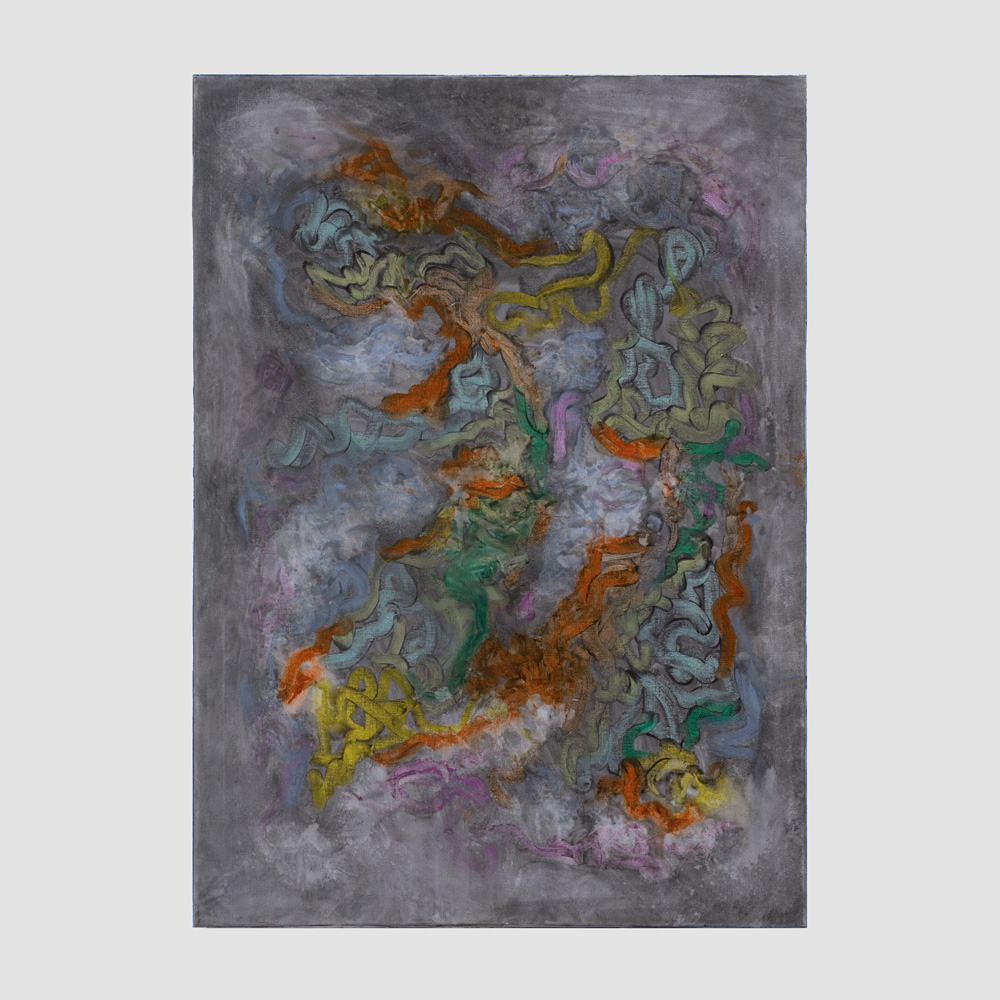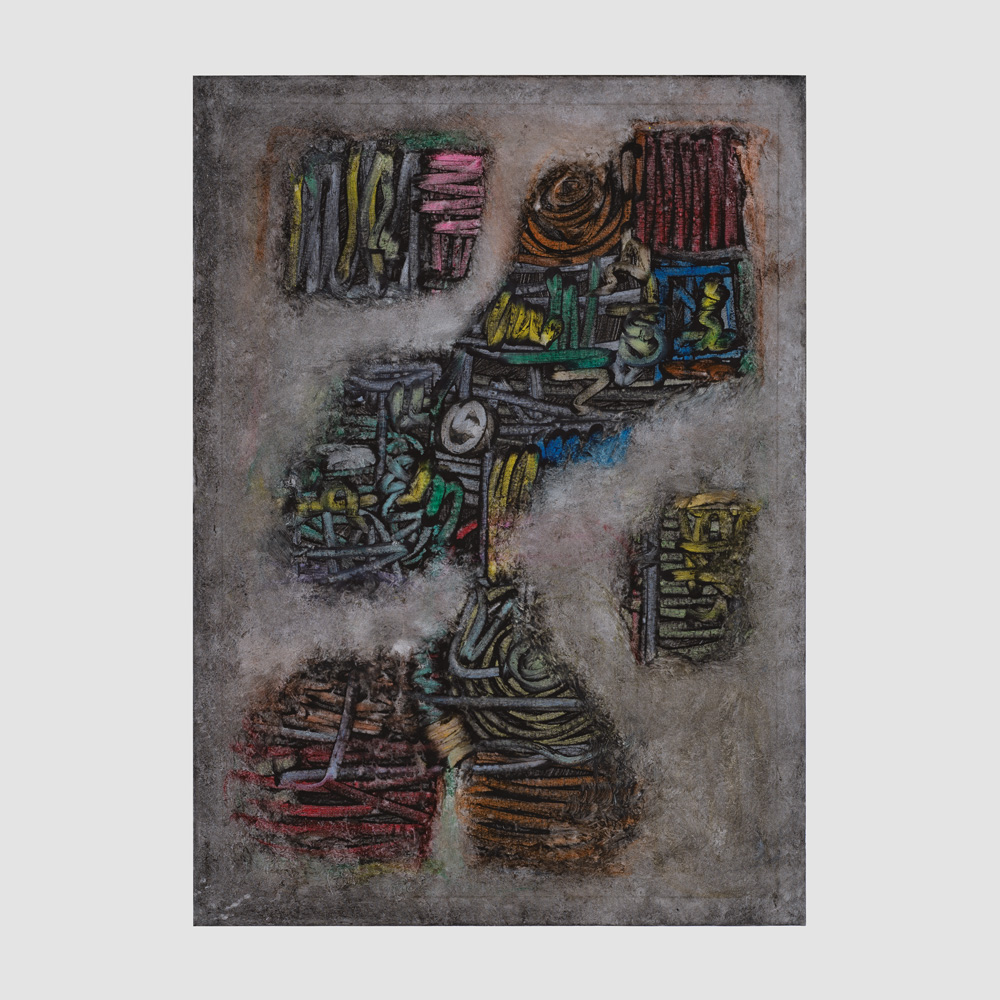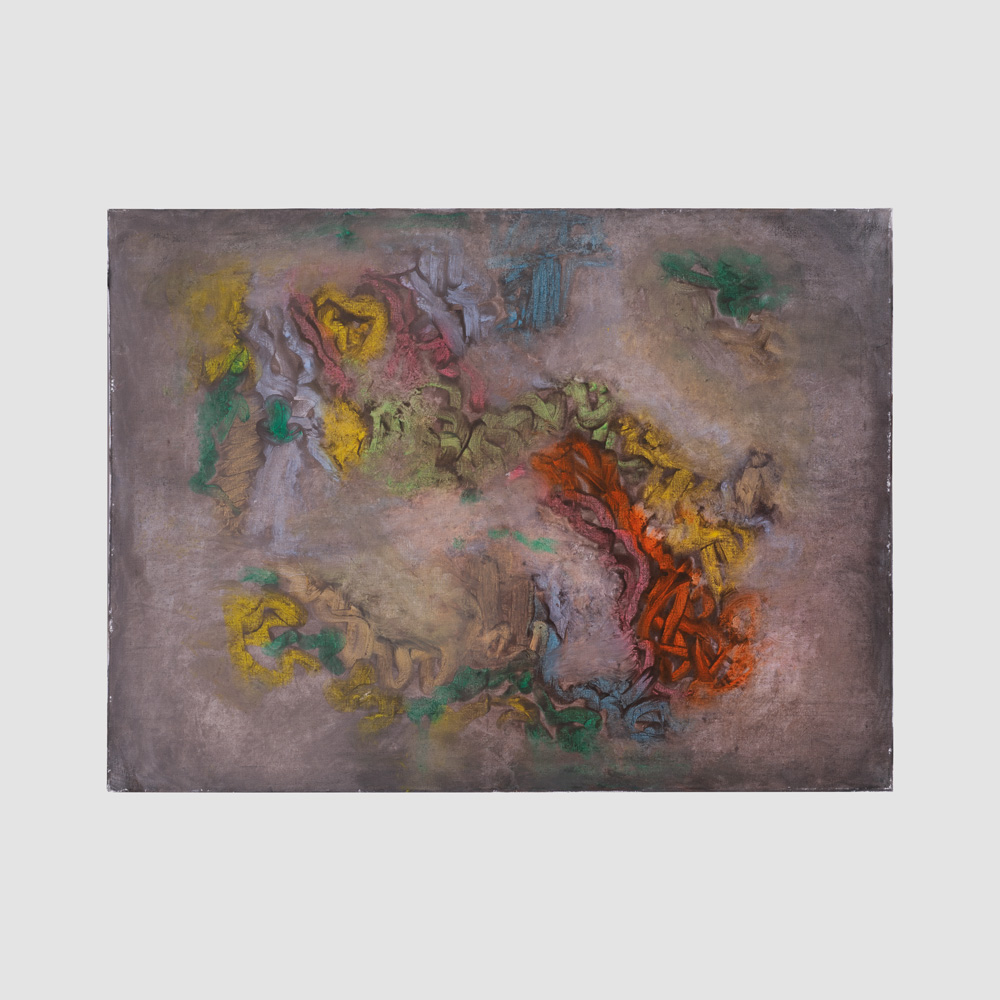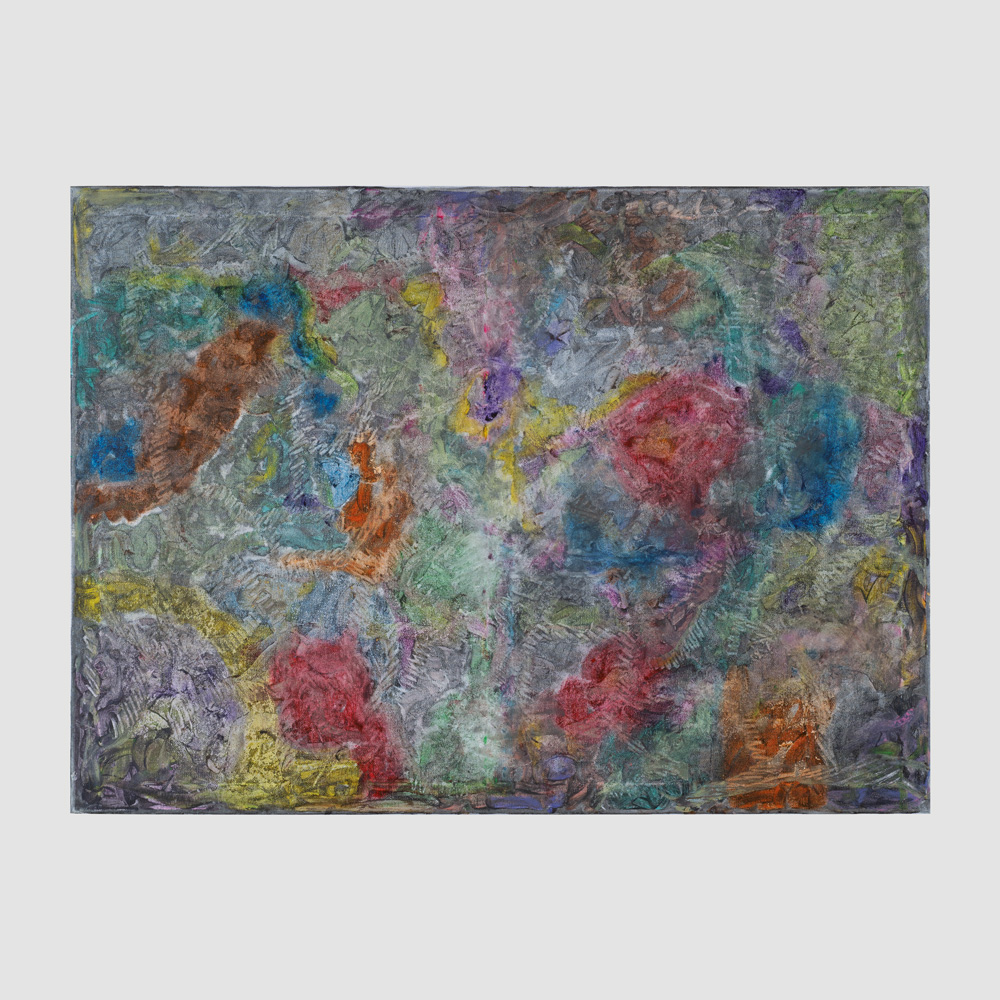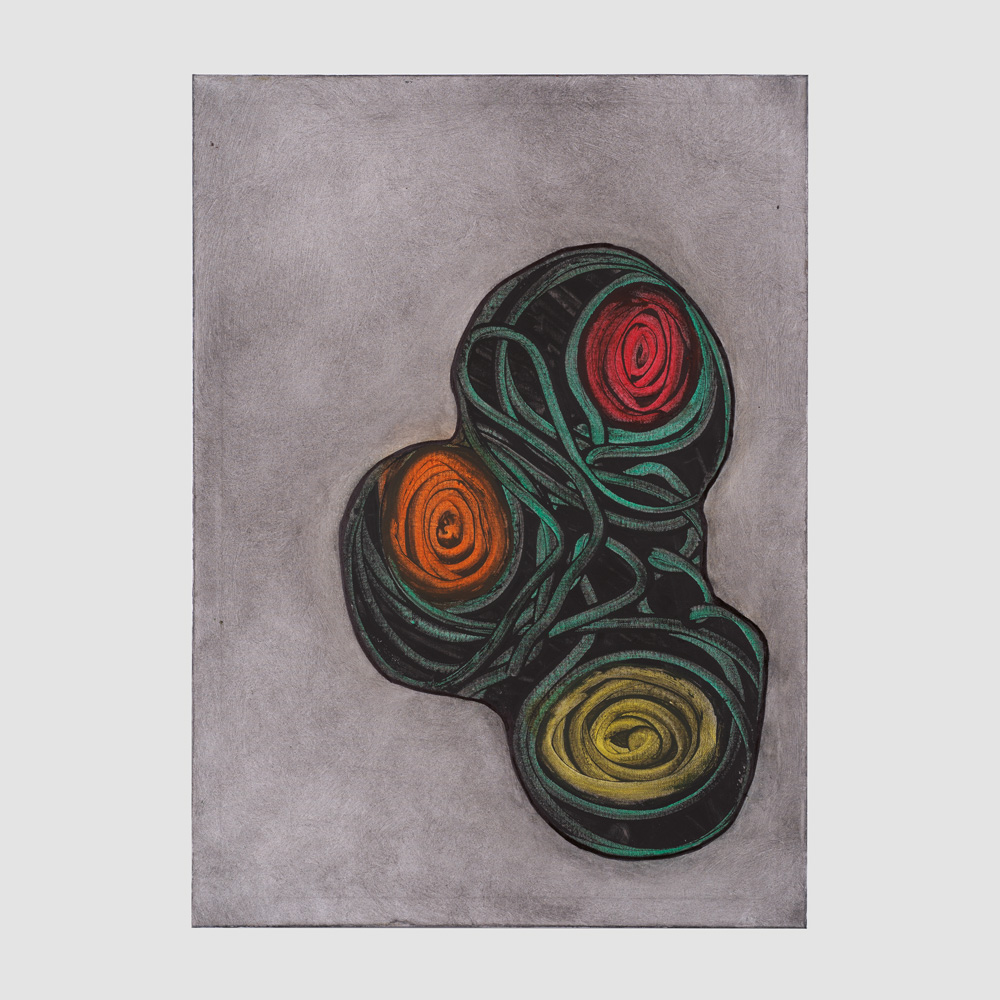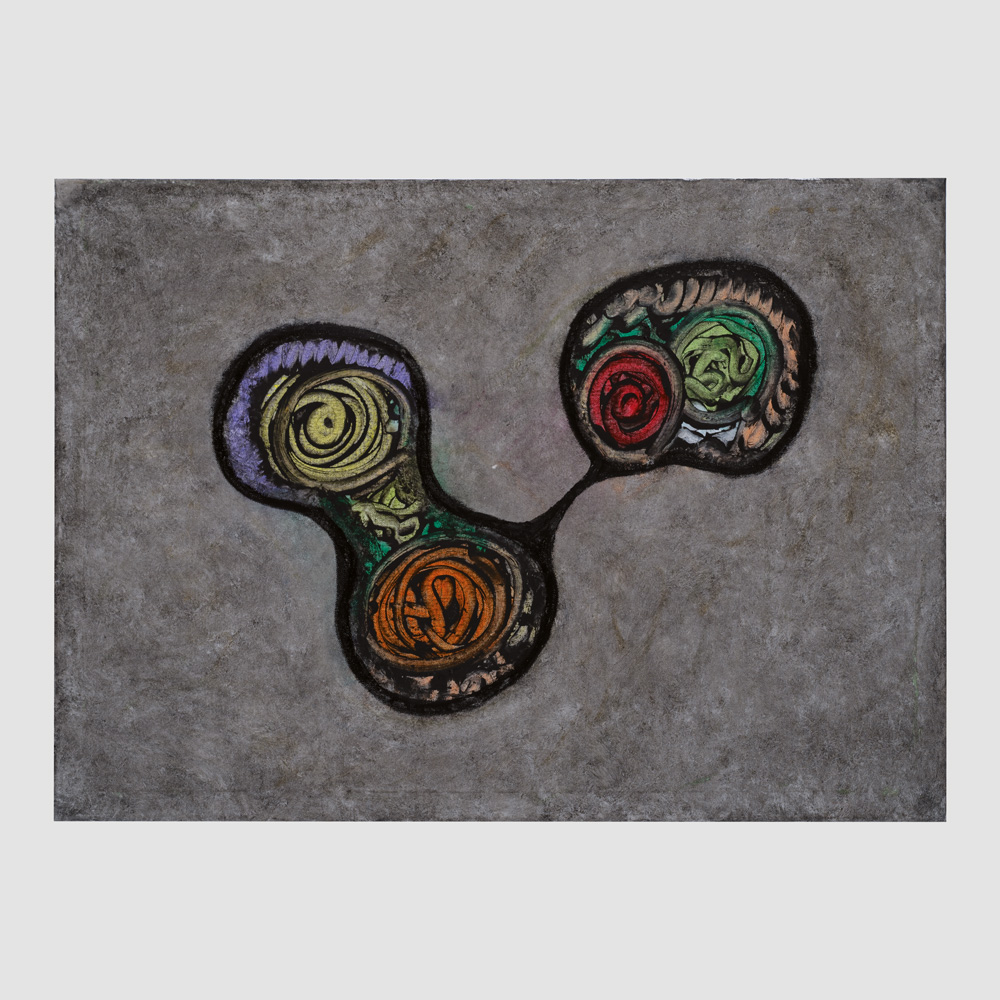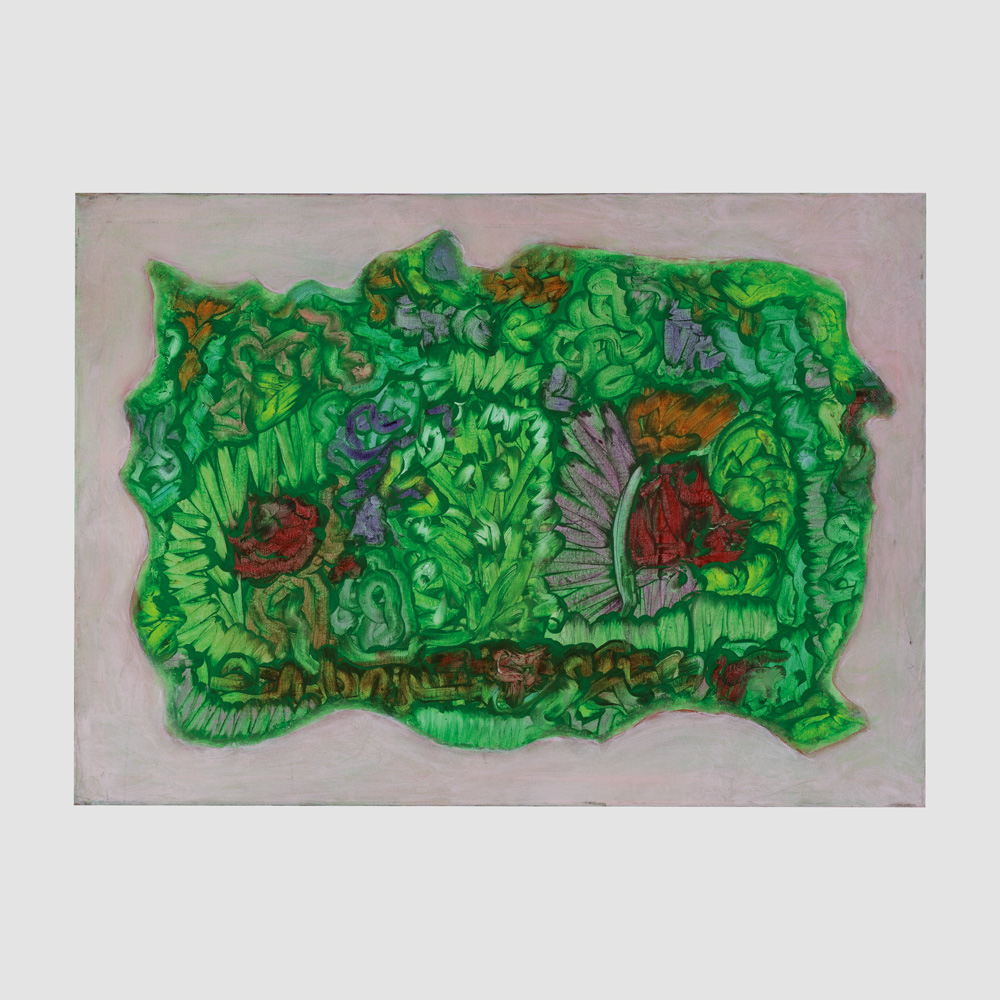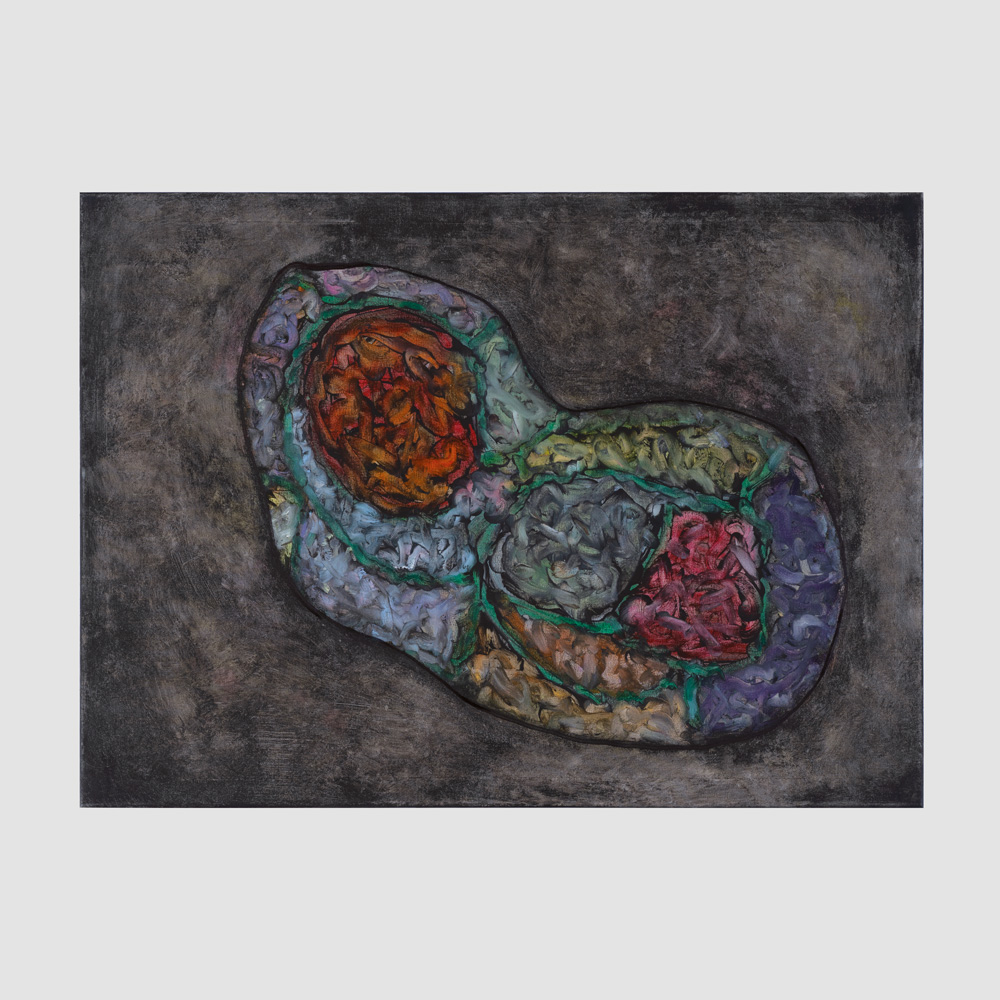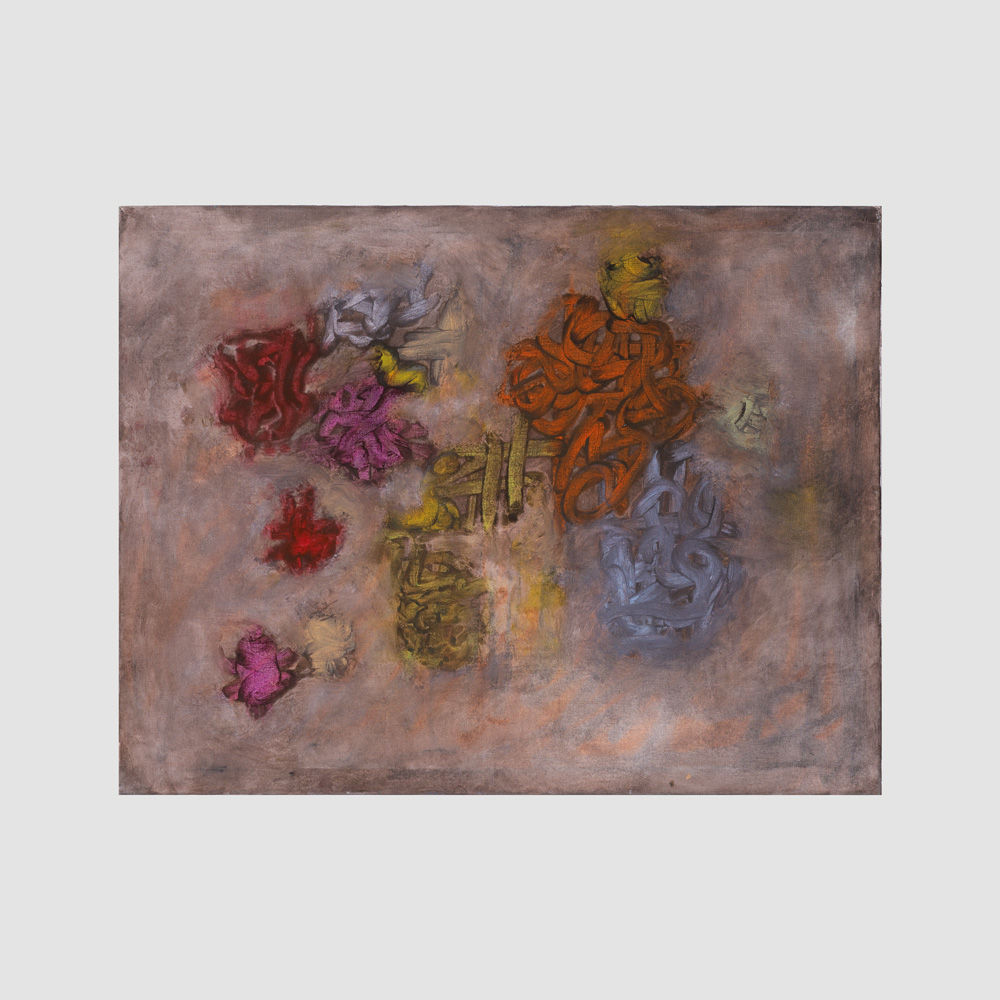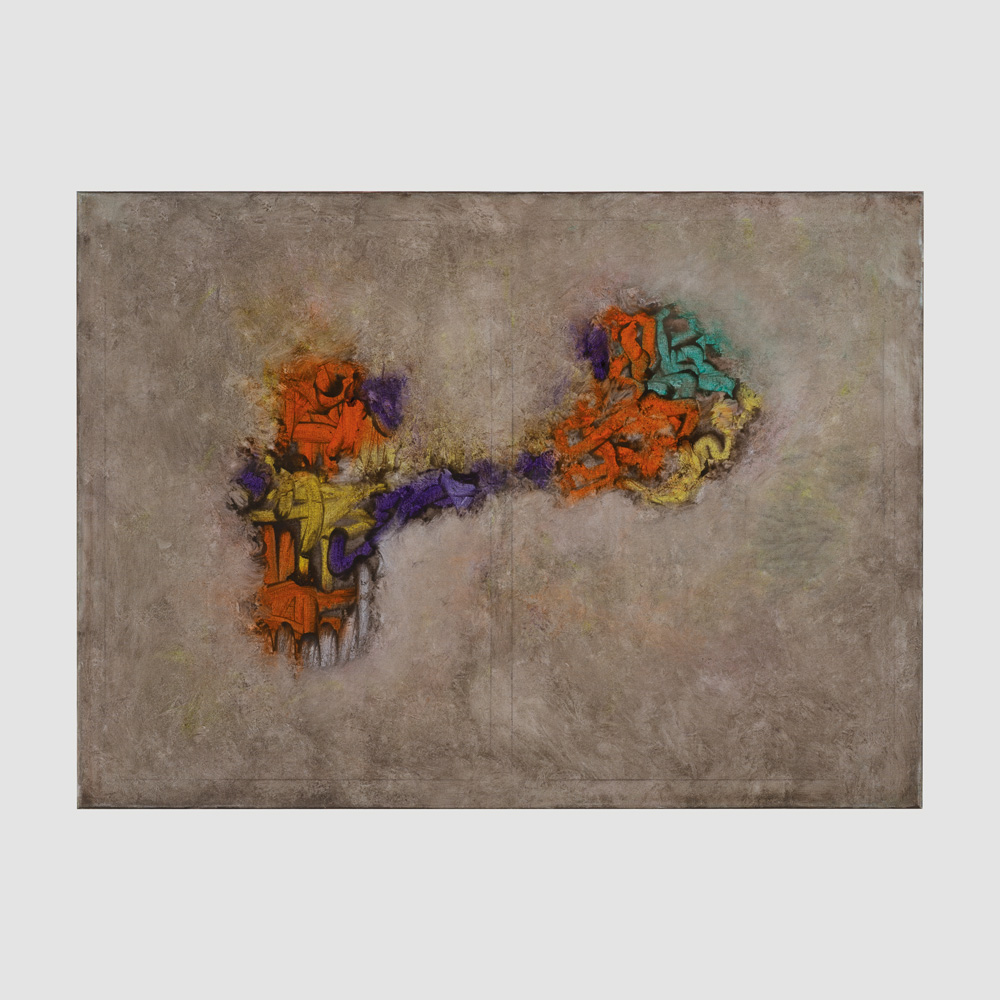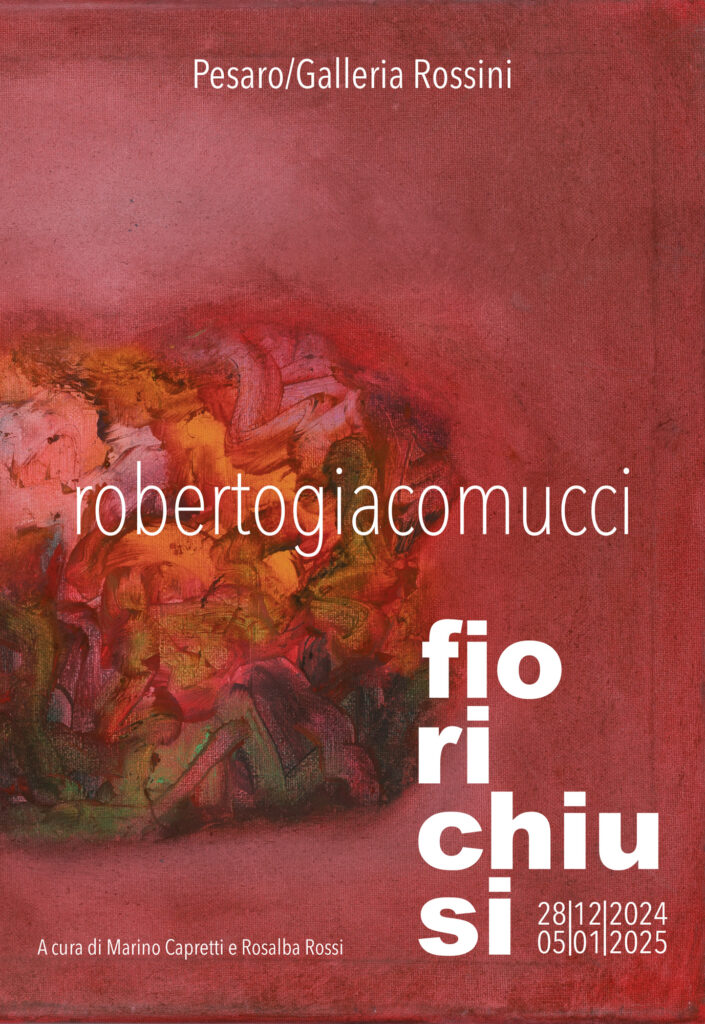
FIORI CHIUSI
Roberto Giacomucci
“The “Fiori Chiusi” explore the depths of the human soul, bringing to light hidden desires through a subtle play of ambiguity between attraction and repulsion. It is not the disorientation of the gaze that provokes such tension, but rather the rawness of the narrative evoked by the works. Like living, pulsating organisms, these “fiori” establish a profound dialogue with human archetypes, drawing from those universal matrices that range from the perception of the body to the primordial relationship with the forces of nature. These elements are translated into signs that are both autonomous and mirrored. Giacomucci’s works reveal themselves as intimate constructions, unveiled and shared through a process that shapes them with cavities, fissures, abrasions, and reversals. They are creations that are founded as symbolic acts of dialogue and sharing. Art emerges as a privileged mediator between the essence of myth and its representation, weaving together the timeless continuity of the archetype with the mutability of the present.
This intermediate space is not simply a place of translation, but a terrain of dynamic tensions—an incessant dialogue between opposites: the interchangeability of symbols and their permanence, the personal journey of the artist and the individual into the terra incognita of existence, and the profound experience that binds the immanent to the transcendent. It is along this borderline—suspended between unstable balances and fluid polarities—that the artistic path of Roberto Giacomucci takes shape.”
Marino Capretti
The reference to the language of his Fiori Chiusi, in an era so distant from Romanticism, leads to the inspiration of a narrative of a contemporary story—one that, in the adjective “chiusi,” speaks of us, of our way of living. It does so through the meticulous research that defines him, delving into the hidden meanings of the subject on display.
“The discovery that the flowers painted in a painting will never enter a flower vase, that they have no scent, that they are not flowers, is a revolutionary discovery of the nineteenth century.” This reflection makes it even more intriguing to penetrate the content of Fiori Chiusi. Through them, Roberto Giacomucci continues his exploration—of how he has developed and invented a process in which heuristic openness, the accidental discovery of this invention, and his skill in recognizing it, all play a significant role. It’s all part of a “work in progress” without certainties, allowing for necessary suspensions, much like the discovery of primitive and intuitive mathematical concepts tied to sensory experience. We enter into deep meanings, metaphors, allusions, volatile vibrations—so intense they can be felt. If this is the eschatological vision underlying the exhibition, there is another one—irresistible, in my opinion—more closely aligned with everyday reality: observing how these flowers are part of our lives, how we are bound to them each day, and how they represent the history and evolution of our world. In this sense, they describe the human, social, and psychic conditions of those who possess them, becoming archetypes of the soul, bearers of the same identifying values. The language of art thus becomes contiguous with the inherent language of the fiori chiusi, and the exhibition allows us to approach this relationship. Within them pulse passionate stories, theories, absences, presences, visions, and projections—all of which coexist and are expressed in the artist’s life even after the flowers have been cut, severed, closed—because they continue to engage with the gaze of the viewer and metaphorically express the synthesis of the transfer from Nature to daily life. In this “open” relationship, a constellation of visual stories unfolds in a kaleidoscope whose global figures only make sense when the smallest and most marginal elements express their identity.”
Rosalba Rossi
